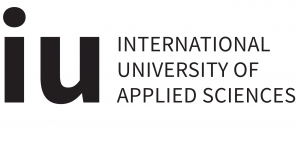Study In Europe
Europe – A Land Full of Opportunities
In recent years, international expertise has been increasingly relevant. Employees who have stepped beyond their “comfort zone” are pursued by both big and small firms. By studying in Europe, you are setting the foundations for a promising future. Many European countries often make an attempt to persuade international students to remain until graduation. That is to suggest, if you want to study in Europe, you are likely to get a career offer and be able to work for a longer time. Europe is home to many of the world’s best colleges. Within Europe, cross-border collaborations have formed a powerful multinational academic network that performs cutting-edge research. Tuition rates for most public universities in Europe are very modest as compared to countries like the United States, Canada, and Australia. In certain European countries, there are no tuition payments at all; higher education is guaranteed! There are also several grant programs and other financial assistance options available throughout your studies.
Fast Facts Of Europe
- The Quality of Education
- Continent of Innovation
- Diversity
- Career Options










